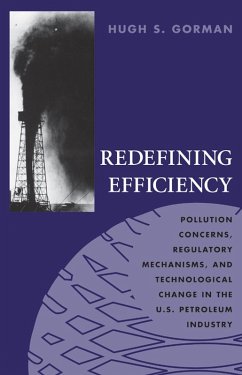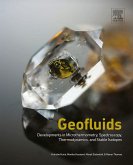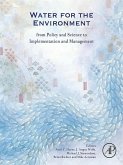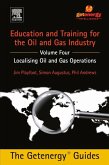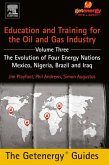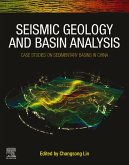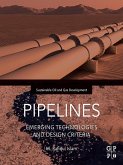Today, pollution control regulations define how complex technological systems interact with natural ecosystems and competing human uses of the environment. Redefining Efficiency examines the evolution of this industrial ecology in the United States by tracing numerous pollution concerns associated with the production, transportation, and refining of petroleum over the course of the twentieth century. In doing so, this book demonstrates that a pollution control ethic based on the efficient use of resources emerged early in the century and met with enough success to undermine the first calls for strict government-enforced regulations. Redefining Efficiency also chronicles the failure of this efficiency-based pollution control ethic and its replacement by another. This second ethic required society first to define its environmental objectives and then to institute policies to achieve those objectives. The resulting regulations, by restructuring the economics of pollution control, have since redefined the notion of industrial efficiency.
Dieser Download kann aus rechtlichen Gründen nur mit Rechnungsadresse in A, B, BG, CY, CZ, D, DK, EW, E, FIN, F, GR, HR, H, IRL, I, LT, L, LR, M, NL, PL, P, R, S, SLO, SK ausgeliefert werden.

